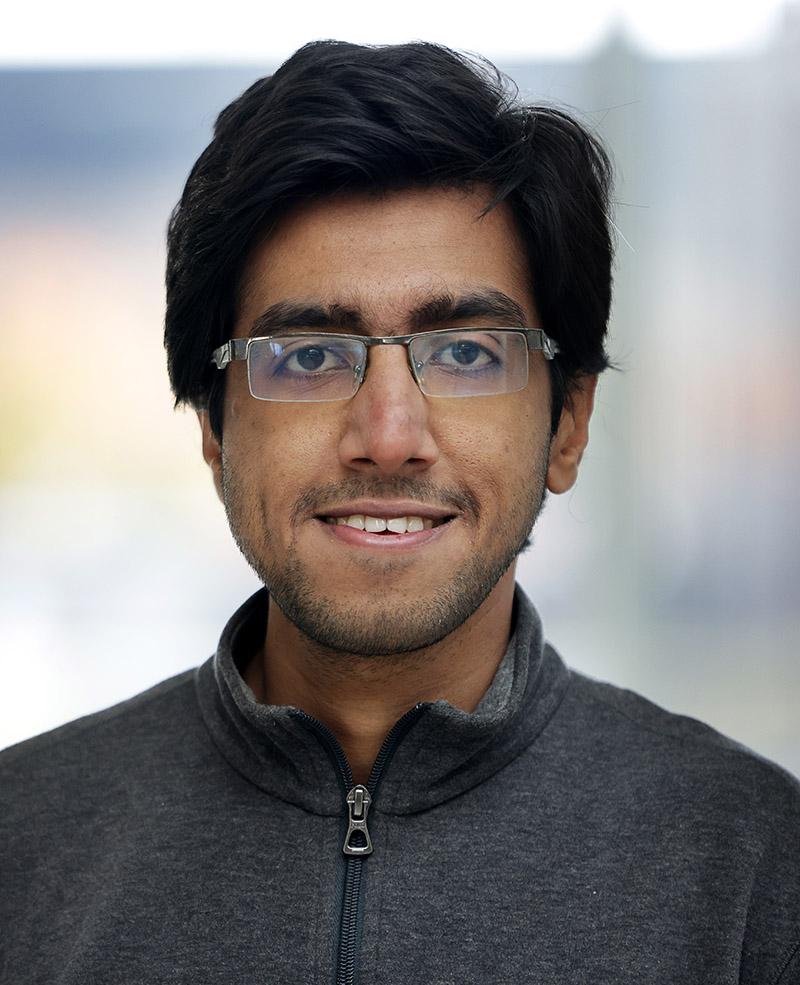Ishtiaque Navid awarded Predoctoral Fellowship to support research impacting green energy

Ishtiaque Navid received a Rackham Predoctoral Fellowship to support his research in III-Nitride nanostructures for artificial photosynthesis and next generation nanoscale optoelectronics. A particularly promising application for his research is the production of sustainable hydrogen fuel.
“My research work will provide a scalable and stable platform for low-cost green energy production,” said Navid. “This could make a significant impact on the vast community involved in solar and photonics research.”
For decades, researchers have been striving to develop an efficient, stable, and cost-effective photocatalyst that can decompose water into its constituents (i.e., hydrogen and oxygen) by employing solar energy. This process, known as artificial photosynthesis, promises to be one of the key sustainable energy technologies of the future, enabling clean, storable, and affordable energy (i.e., hydrogen and other fuels) from just sunlight and water.
Navid and his colleagues have developed some of the most efficient photocatalysts and set several records for the productivity of solar driven water splitting and CO2 reduction. The team’s world-record solar-to-hydrogen efficiency, which exceeded 9%, was reported in Nature [read more].
My research work will provide a scalable and stable platform for low-cost green energy production.
Ishtiaque Navid
In addition, Navid’s research in new materials based on GaN deep-nano network structures offers a new path for realizing the next generation of nanoscale optoelectronics, specifically LEDs, laser diodes, and solar cells.
He has published more than 20 articles related to semiconductor nanomaterials, several of which will play an instrumental role in providing a scalable platform for the generation of clean chemicals and fuels through artificial photosynthesis. He has also co-chaired several technical sessions at Compound Semiconductor Week 2022.
In other activities, Navid participated in the Xplore Engineering Workshop – an outreach program for K12 students of alumni, and he is industry chair for the Optics Society at the University of Michigan. He has also been a graduate student instructor for the course EECS 320 (Introduction to Semiconductor Devices).
Navid has received an SVCF Scholarship and the Richard and Eleanor Towner Prize for Distinguished Academic Achievement. He received his undergraduate and master’s degrees in Electrical and Electronic Engineering from Bangladesh University of Engineering and Technology.
Navid’s proposed dissertation title is “Nanoscale and Alloy Engineering of III-Nitride Semiconductors for High Efficiency Solar Photocatalysis and LEDs.” His advisor is Prof. Zetian Mi.


 MENU
MENU